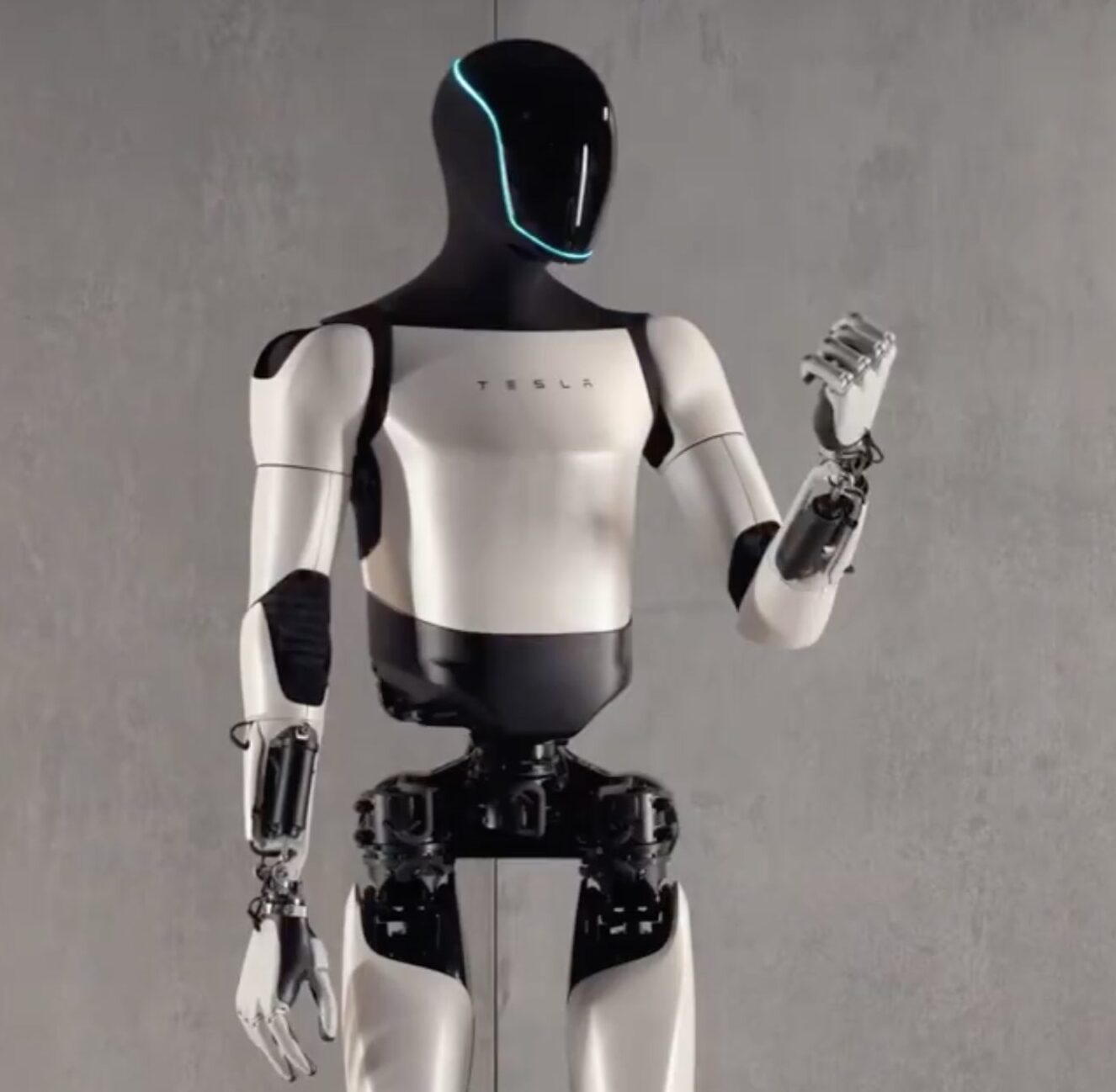
Tesla has grand dreams for its humanoid robot, Optimus. China’s recent, anti-competitive export controls on rare earth elements are posing huge, punitive roadblocks. Elon Musk, CEO of Tesla, emphasized the critical role humanoid robots will play in the company’s future during a recent earnings call. He stated that the future of Tesla is “fundamentally based upon large scale autonomous cars and large scale, large volume and vast numbers of autonomous humanoid robots.”
The Push for Optimus and Future Growth
Steve Westly, founder and managing partner of The Westly Group, couldn’t agree more with the necessity of swift action. He thinks the clock is ticking on Tesla to find a new engine of growth pronto. With Tesla promising 5,000 units of the Optimus robot rolling off the production lines this year, the stakes couldn’t be higher. For context, Tesla wants to deploy tens of thousands of these new collaborative robots on its factory floors. This decision represents an important precedent in the dark company’s business model.
The recent set of export restrictions from Beijing could seriously swerve these plans off-course. China currently has a monopoly on the production of many of the rare earth materials critical to all advanced technologies, including those that power Tesla’s robots. That leaves the U.S. unprepared to fill any possible resulting supply shortfall – something that could soon put Tesla’s production in serious jeopardy. Take action now Trump administration considering new tariffs on all U.S. imports of critical minerals This shift is a direct reaction to the recent actions taken by China.
Musk’s Confidence in Tesla’s First Mover Advantage
Musk is very confident about Tesla’s first mover advantage in the humanoid robot space. Internally, he says the company is as a whole outpacing its competition. Perciasepe expressed concern about the possible rise of Chinese competitors who will beat the United States in establishing leadership on the humanoid robot front.
In light of these challenges, Musk reassured investors that Tesla remains committed to producing thousands of robots this year despite the geopolitical tensions. He stated, “China wants some assurances that these aren’t used for military purposes, which obviously they’re not. They’re just going into a humanoid robot.”
Whether you’re lauding their path or criticizing it, Tesla is definitely walking through the jungle. It too now has external pressures, as well as intense competition from other players in China’s rapidly emerging humanoid robot industry. That’s why the development of a cohesive strategy is more important than ever as the tech giant continues to prioritize exciting innovation while securing its supply chain.
Author’s Opinion
Tesla’s ambitious plans for humanoid robots face serious challenges, particularly with China’s export controls limiting access to essential rare earth materials. While Musk remains confident in Tesla’s first mover advantage, the company’s reliance on a global supply chain for critical components highlights the vulnerability of its strategy. The geopolitical tensions and growing competition in the humanoid robot space only make it more urgent for Tesla to strengthen its supply chain and refine its approach to innovation. The success of Tesla’s robot ambitions will depend not just on technical achievement but also on navigating these external challenges effectively.
Featured image credit: Wikimedia Commons
Follow us for more breaking news on DMR
